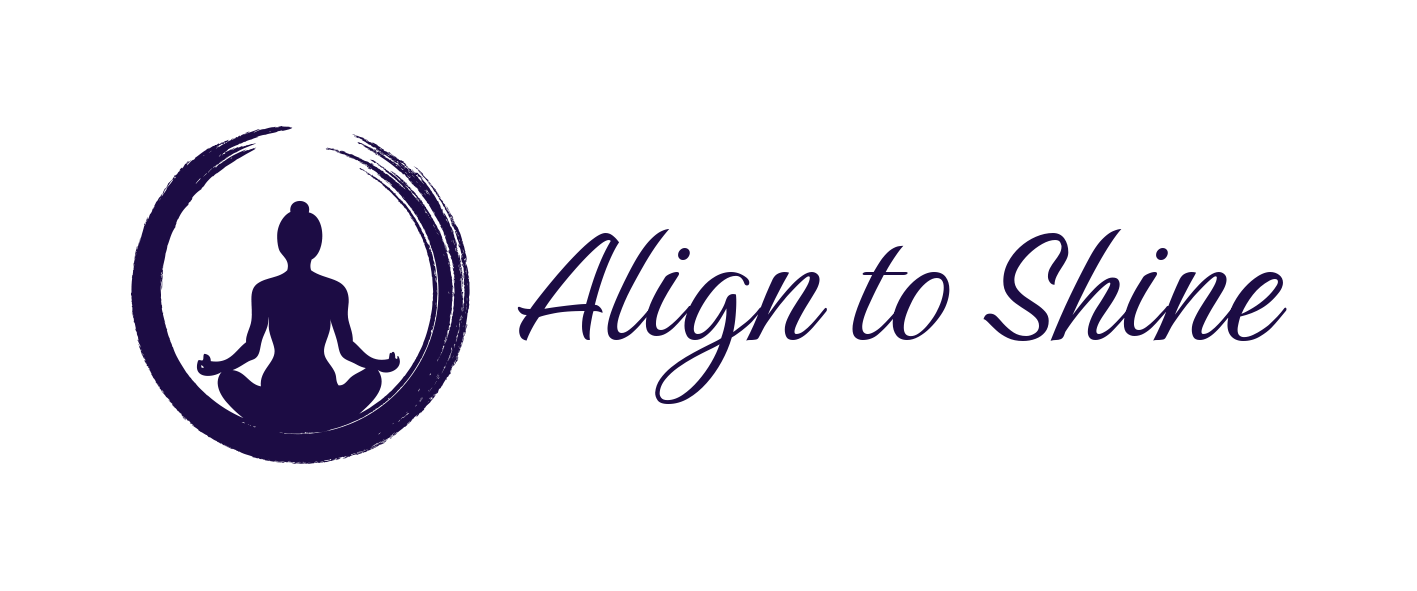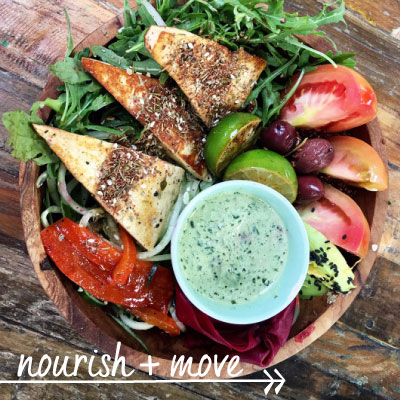How is your Plastic-Free July going? Don’t fret if you’re finding it difficult. Cutting out plastic requires a great deal of commitment, organisation and time. Raewyn from Little Bit Daily has put together a few handy tips that will help you to develop simple plastic-free habits and routines.
1. Put Together a ‘Zero Waste’ Tool Kit
If you can, invest a little more on items that will last, are functional and maybe a bit cute so that you actually enjoy using them.
An ideal kit includes:
- A tote bag
- Cutlery, chopsticks and a stainless steel straw (in a handmade cutlery wrap or cotton bag)
- Reusable coffee cup (KeepCup)
- Drink Bottle (Lifetime Bottle)
- Container (stainless steel or reusing a plastic one is fine)
- A couple of small cloth bags (for bulk bins/baked goodies). I roll these up tight and secure with a hair tie/rubber band.
2. Be a Crazy Bag Person (reusable bag that is!)
Get bags. Lots of bags. If you’re on a budget, check out your local op shop, or you can sew your own bags from old sheets/fabric. If you’re buying new reusable bags, choose cotton, hemp or recycled fabric. Thin bags that fold up small are perfect for stashing away in handbags, jacket pockets and the glove box. You can never have too many bags.

3. BYO Snacks
Scroggin (nuts, seeds, dried fruit and chocolate) isn’t just for tramping! Have some on hand in order to resist the temptation to buy packaged snacks. Popcorn is another healthy and affordable snack you can easily buy in bulk. I also like to make bliss balls and mini muffins.
4. Switch to Soap Bars
Shampoo, conditioner, body and hand wash bottles can all be replaced by soaps – check out the full Ethique range. Keeping soap dry between use will help them last longer.

5. Avoid Plastic Wrap
Give up cling film (plastic wrap) for a month and you’ll realise you don’t really need it. Use containers, jars, cloths or beeswax wraps instead. You can also use a plate or saucepan lid to cover leftovers in the fridge.
6. Reuse Jars
There are endless uses for jars. To remove lingering smells, soak the jars with a baking soda and water mixture. To get rid of stubborn labels, soak in boiling hot water and scrape away, you can also use eucalyptus oil to easily wipe off sticky glue. Then use a china pencil to write on jars, it’s waterproof but can be rubbed off easily.

7. Make Your Own Products
Cleaning products are the easiest to make. All you need is white vinegar and baking soda. You can DIY all sorts of beauty, bathroom and kitchen products. Try to learn to make one new thing each week.
8. Check Out Your Local Farmers Market
Supermarket produce is often covered in plastic. Get up early, take a coffee and get down to your local weekend fruit and veg market. Just make sure you take your bags! You can reuse old plastic bags or get some reusable mesh produce bags. They also often sell free-range eggs, bread, and local honey in jars. Return the empty egg cartons and jars to the famers next time you go.

9. Try Bulk Food Shopping
If you’re unsure, just take one jar/cloth bag or even a paper bag to a bulk food shop and get one thing to start with. Places like GoodFor make it easy for you to use your own jars and bottles too. It’s really fun. You’ll be hooked first time.
Finally, share the plastic-free message, there’s a steadily growing ‘zero waste’ online community happy to give advice and share in your success. Join the ‘Zero Waste in NZ’ Facebook page and check out the #zerowaste hashtag on Instagram. Spreading the message and inspiring others is a powerful way to make a difference.
Contributed post by Raewyn Pearce (@littlebitdaily)



